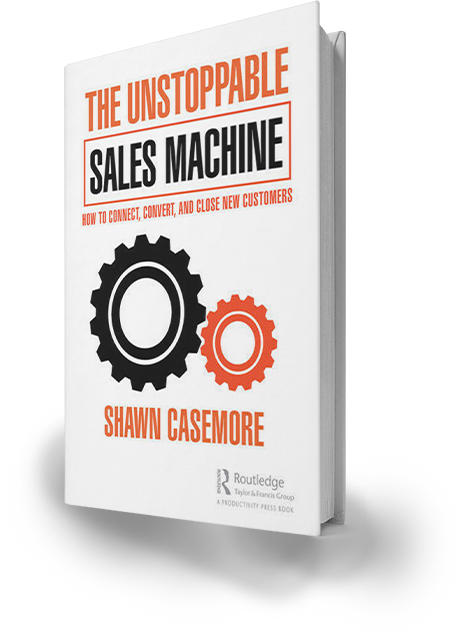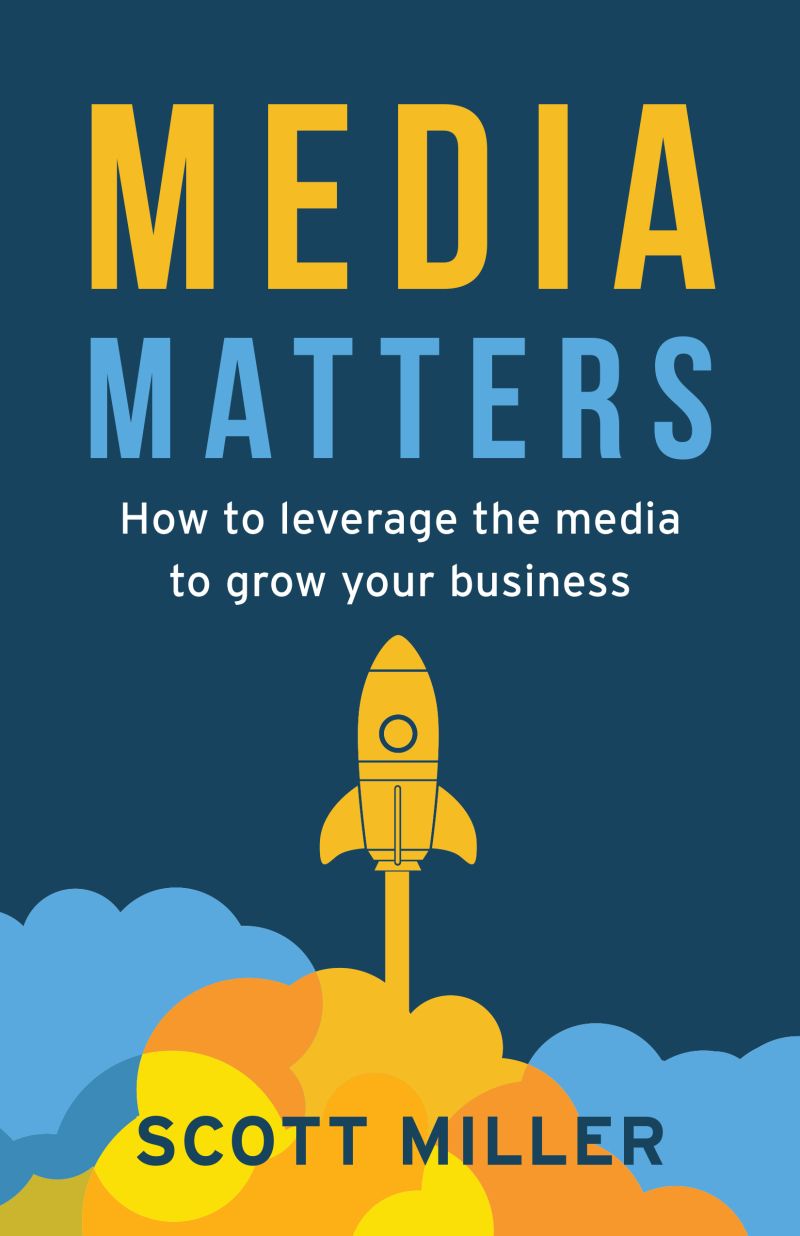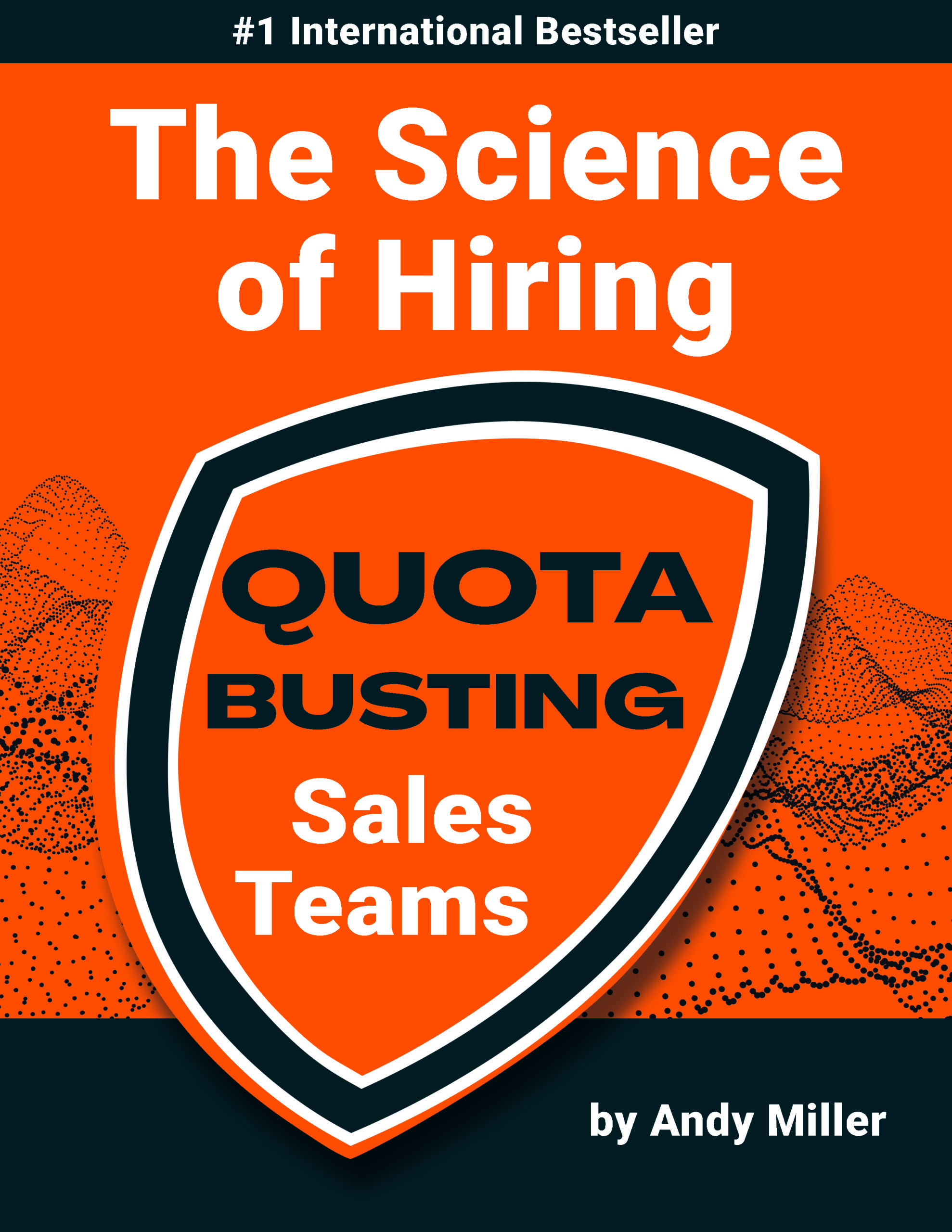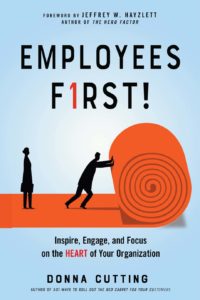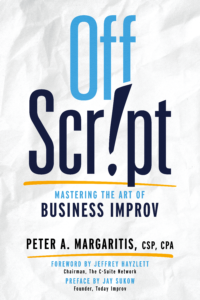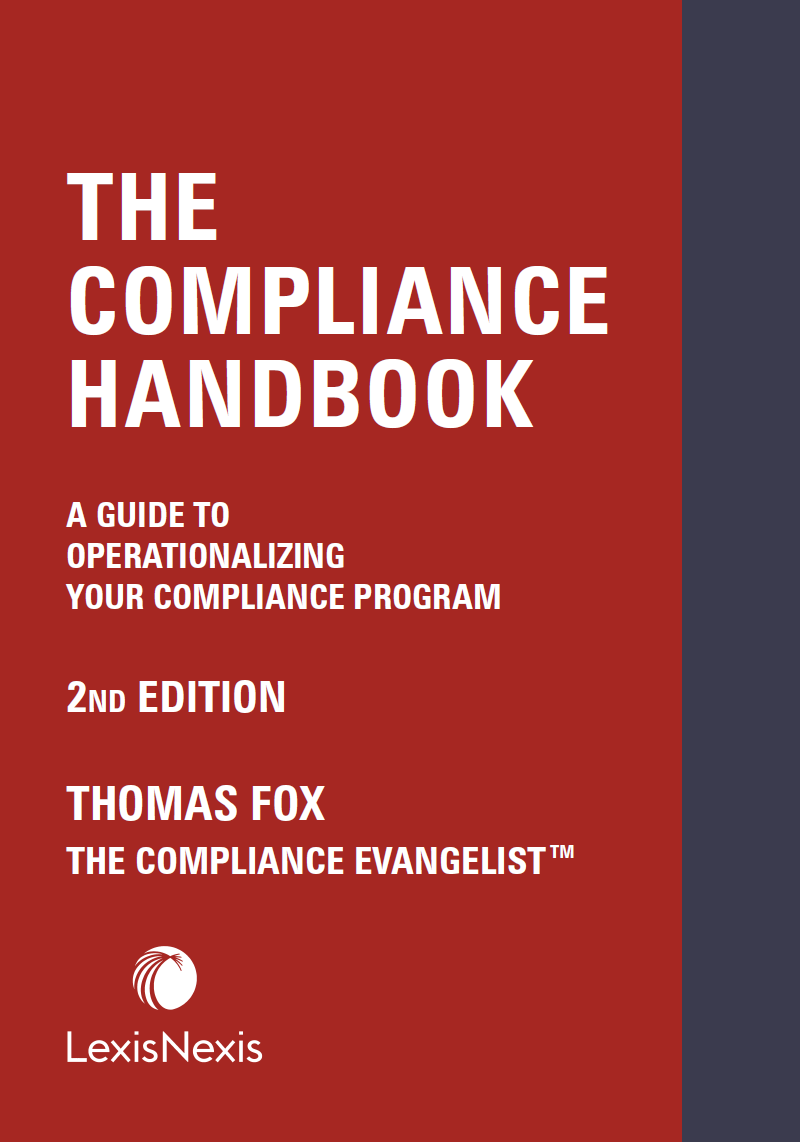Hallelujah! An Anthem for Purposeful Work
Cathy Fyock
Your life’s work is too important to simply begrudge and endure.
A business parable for the ages, Hallelujah! will help you to “hear the music” at work and to believe in the dignity of life’s labors. When Susan is unexpectedly promoted to store manager, productivity falls, tension rises, and the best employees begin to leave. Soon, Susan becomes bitter and cynical about the job she used to love. But when Susan takes a friend’s suggestion and joins a local choir, she learns more about compassion, humility, and everyday grace—and she begins to transform her job into a place of purposeful work. Hallelujah An Anthem for Purposeful Work takes business parables in a different and beautiful direction. The main narrative is driven by believable characters, simple presentation, and situations that anyone could realistically encounter. The narrative is wrapped up by a series of Testaments, or statements of principle aimed at helping readers to bring purpose into their own work and lives.
The parable, while a fictional story, is based on the leadership lessons exhibited in a very real church choir based in Louisville, KY. The Chancel Choir at Christ Church United Methodist, led by Dan Stokes, practices the lessons in Hallelujah! each week.


Work is a four-letter word. But it doesn’t have to be penance.
We’ll spend approximately half of our adult lives working. It should be no surprise that our happiness, well-being, and positivity will be largely determined by our engagement and satisfaction with our work. Our life’s work is central to how we think about ourselves and how we engage with the world around us.
It’s troubling to see so many people frustrated, apathetic, and cynical about their work. A recent Gallup survey of employee engagement indicated that only thirteen percent of employees worldwide are engaged in their work. Thirteen percent!
We live in a time of cynicism. This is a time when Dilbert—a comic strip about office politics, corporate bureaucracy, and incompetence—is often cut out and posted in the very offices it parodies, a testament to our collective cynicism about our work.
But there is hope, and there is a better way. Cynicism does not have to be the standard mindset of employees, nor is it the inevitable consequence of employment. There is a better way, but only when business leaders begin to understand that the need for engagement and commitment is based on a foundational principle: as human beings, we want to know that our lives have meaning. We need to know that we matter. And we need to be able to say that we have each done our small part in making the world a better place.
This all begins with purposeful work—the WHY. Other books have been written about transformational purpose and the workplace. Two particularly good ones are Rick Warren’s The Purpose Driven Life and Simon Sinek’s Start with Why. Their primary themes—finding and following a spiritual purpose and harnessing the power belief at work, respectively—are critical elements for creating a workplace with engaged and committed members.
How does an organization introduce purposeful work? It starts with having a mission that matters, and then communicating that mission to employees with both words and actions.
What is a mission that matters? Perhaps it’s easier to show what’s it’s NOT. For example, one organization defined their mission: “Our goal this year is to yield revenue in excess of one million dollars.” Clear and understandable, but does it engage employees? Likely not, unless employees will see their salaries increase as a result of attaining that goal. And in the big picture, will “generating one million dollars” touch the hearts of employees? While it will likely motivate some for a period of time, it’s not likely to engage the souls in discovering meaning and purpose.
What does your organization stand for? How do your organization’s goods and services make the world a better place? How are you making a difference? This is the heart of your mission statement, and it is this element of heart that will connect with the purpose or the WHY of your employees.
Some organizations do a pretty good job in developing a mission that matters, but fail to bring it home to employees. Does every employee know and understand the mission? Do all employees understand how their jobs contribute to helping the organization achieve their mission? Do employees see their leaders behaving in concert with that mission?
“If you want to build a ship, don’t drum up people to collect wood and don’t assign them tasks and work, but rather teach them to long for the endless immensity of the sea,” states Antoine de Saint-Exupery. Likewise, our role as business leaders is to understand the value that our organization brings to the world, and hire people who have a passion for bringing that mission to life.
Then, our role as a business leader will be to keep that mission in focus, and each day help our people know how important that goal is, and help them see how important their job is in helping the organization attain that goal.
This article is in part excerpted from the book, Hallelujah! An Anthem for Purposeful Work, written by Cathy Fyock, Lyle Sussman, and Kevin Williamson. For more information and resources on creating purposeful work, visit the book’s website at www.HallelujahTheBook.com.

Cathy Fyock, CSP, SPHR energetically brings messages about creating better workplaces. For more than 20 years she has developed inspirational learning events for conferences, meetings, and conventions, and has served on the faculty for the Society for Human Resource Management. She is credentialed as a Certified Speaking Professional, and is Lifetime Certified as a Senior Professional in Human Resources.
Dr. Lyle Sussman and Kevin Williamson are the coauthors of Hallelujah!





